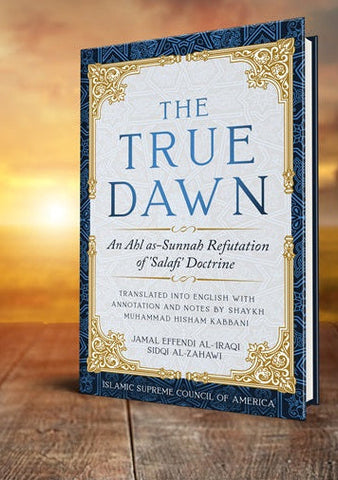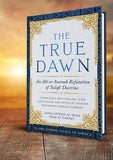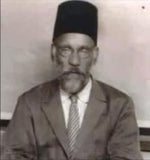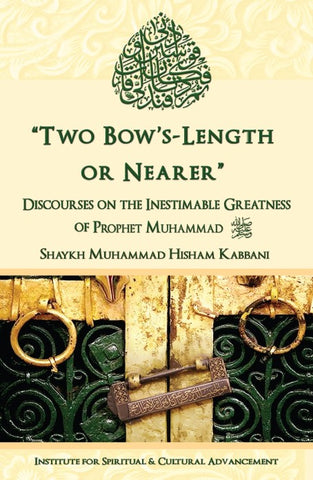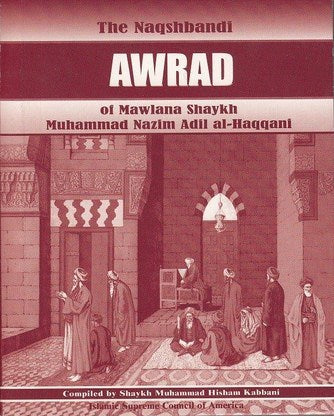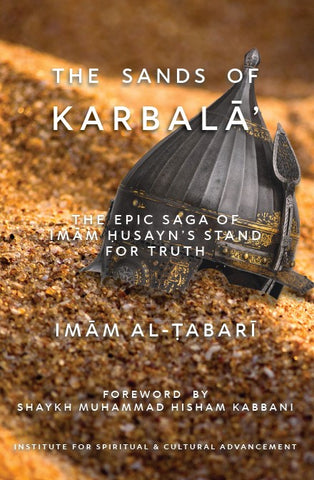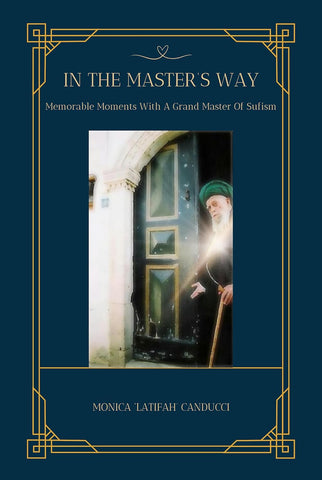The True Dawn: An Ahl as-Sunnah Refutation of 'Salafi' Doctrine
Author: Jamal Effendi al-`IraqI Sidqi al-Zahawi
Translated by Shaykh Muhammad Hisham Kabbani
Edited by Gibril Fouad Haddad
Originally published under the title: Doctrine of Ahl al-Sunna Versus the "Salafi" Movement, this newly updated version of the book:
"will be useful to those into whose heart the innovations of the 'Salafis' has not entered. As for the 'Salafis', it will never enter their hearts as, according to the hadith related by Bukhari, "They will pass through the religion the way an arrow passes through its quarry and the will never come back to it.'"
~Shaykh Taher Sunbuli al-Hanafi, Sima al-intisar li al-awliya' al-abrar [The Mark of Victory Belongs to the Pure Friends of Allah]
The name of Khawarij is applied to those who part ways with the Muslims and declare them disbelievers, as took place in our time with the followers of ibn `Abd al-Wahhab who came out of Najd and attacked the Two Noble Sanctuaries (al-Haramayn ash-Sharifayn). They (Wahabbis) claimed to follow the Hanbali school, but their belief was such that, in their view, they alone are Muslims and everyone else is a Mushrik (polytheist). Under this guise, they said that killing Ahl as-Sunnah wa 'l-Jama`ah and their scholars was permissible."
~Al-Hafiz Muhammad Ibn `Abidin, Radd al-muhtar `Ala al-durr al-mukhtar, Vol. 3, p. 309 "Bab al-Bughat" [Chapter on Rebels]
Author Jamil Sidqi al-Zahawi (1863–1936) was a pioneering Iraqi poet, philosopher, and reformer who helped shape modern Arabic literature and intellectual life. Known for his bold critiques of tradition and advocacy for women's rights, education, and rationalism, he became a central figure in the Arab renaissance (nahḍah). Al-Zahawi fiercely opposed the Salafi movement, condemning its rejection of ijmāʿ and qiyās and defending classical Sunni thought. Though vilified at times as a renegade, many of his ideas were later embraced, and his influence grew posthumously. His writings—lyrical, polemical, and philosophical—continue to be studied for their eloquence and reformist spirit. At his death, he was mourned as “Iraq’s poet of reason,” having awakened generations of thinkers and poets to the possibilities of progress.
ISBN: 978-1-938058-73-8
170 pages
We Also Recommend

